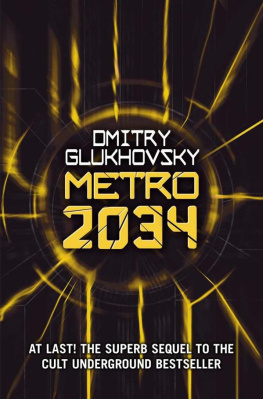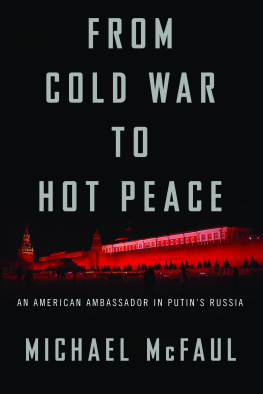Dmitry Rogozin - The Hawks of Peace Notes of the Russian Ambassador
Here you can read online Dmitry Rogozin - The Hawks of Peace Notes of the Russian Ambassador full text of the book (entire story) in english for free. Download pdf and epub, get meaning, cover and reviews about this ebook. publisher: Glagoslav Publications, genre: Politics. Description of the work, (preface) as well as reviews are available. Best literature library LitArk.com created for fans of good reading and offers a wide selection of genres:
Romance novel
Science fiction
Adventure
Detective
Science
History
Home and family
Prose
Art
Politics
Computer
Non-fiction
Religion
Business
Children
Humor
Choose a favorite category and find really read worthwhile books. Enjoy immersion in the world of imagination, feel the emotions of the characters or learn something new for yourself, make an fascinating discovery.
- Book:The Hawks of Peace Notes of the Russian Ambassador
- Author:
- Publisher:Glagoslav Publications
- Genre:
- Rating:4 / 5
- Favourites:Add to favourites
- Your mark:
- 80
- 1
- 2
- 3
- 4
- 5
The Hawks of Peace Notes of the Russian Ambassador: summary, description and annotation
We offer to read an annotation, description, summary or preface (depends on what the author of the book "The Hawks of Peace Notes of the Russian Ambassador" wrote himself). If you haven't found the necessary information about the book — write in the comments, we will try to find it.
The Hawks of Peace Notes of the Russian Ambassador — read online for free the complete book (whole text) full work
Below is the text of the book, divided by pages. System saving the place of the last page read, allows you to conveniently read the book "The Hawks of Peace Notes of the Russian Ambassador" online for free, without having to search again every time where you left off. Put a bookmark, and you can go to the page where you finished reading at any time.
Font size:
Interval:
Bookmark:
I t is a common perception that the respective national interests determine relations between different countries; it may seem that international relations have no room for morals, compassion, decency, charity, and other categories inherent to relations between individuals. One might think that foreign and international policies serve a pragmatic purpose, and only that. This is true to a certain extent; however, it is equally true that international relations are based not only on immediate national interests but also on national passions and, in some instances, on the passions and phobias of national elites.
A monarch, a president, a member of a government, or their aide are they robots that mechanically promote national interests that were formulated someplace by someone else? Of course, they are not. Do you remember how Russian-German relations have improved due to the friendly links between President Vladimir Putin and Chancellor Gerhard Schroeder; or how much Italy led by Silvio Berlusconi and France led by Jacques Chirac did to unblock the Russia-Europe political affairs? One should never underestimate the importance of personal contacts between national leaders. These contacts discipline the character of the links between national elites, which, in turn, influences public opinion. For example, a suspicious, I would say, even negative, attitude towards NATO dominates among the Russian general public. In contrast, the European Union is viewed as a sweetie. I think, though, that the devil you know well is better than the devil you hardly know.
Politics is made by individuals and depend on their talents or the lack thereof. If the state powers at all times conducted their international policies in accordance with their predominant national interests, Russia would have never got involved in World War I that shook her entire statehood. The Soviet Union would never have fed the socialist camp, encouraging hypocrites, free-loaders, and small-scale traitors with damage to itself.
Recently my wife and I spent a weekend in Prague. During my years in college, it was compulsory for us to study a language of a socialist country. I chose to learn the Czech language because I loved Prague. Its cosy streets always filled me with a sense of harmony. However, on that last occasion I was shocked and offended by what I saw.
There was this legendary tank T-34 on one of the central Pragues squares, the very same tank that had been the first of many to roll into the city in order to help the dying Prague Uprising in 1945 and liberate the city from the German occupation.
In May 1945, after the total and unconditional defeat of the Nazi Germany had been announced and the Soviet red flag was raised atop the Reichstag, the Russian boys the crew of the T-34 did not want to die. Nobody wanted to die, especially when the war is over. However, even though the war in Europe officially ended, certain Nazi troops in Prague did not surrender. They continued to assault the Czechs, who suddenly realised the value of their freedom.
The entire crew of that first tank was killed. Grateful Prague citizens put the tank on the pedestal after the city had been liberated. Years went by, and so it came to the democratic times. Fastidious Czechs thoroughly wiped their feet over the memory of those perished Russian boys who had sacrificed their young lives so that Europe today could enjoy its trouble-free life. First the tank was painted pink, then it was taken off the pedestal all together, its turret was taken off and tossed into the flowerbed, and the rest was disposed of as scrap metal. Now, Czech youngsters use the burrs of the tank turret to open the glass bottles of their famous beer. If you do not believe it, go to Prague and see for yourself.
Now, after that, what do I have to think of the leadership of that country? What would be my opinion on its national elite, the moral and ethical state of the Czech civil society? Obviously, I have drawn my conclusions. It is also obvious that these conclusions would influence my attitude towards that country and its people. Given a chance, the negative impression that I got while in Prague would influence the Russias policy towards the Czech Republic, if I ever work in this direction. Having said that, I mean the above to be just an example, for the arguments sake.
Today, when I write the last pages of The Hawks of Peace, I am full of ideas and stamina. I am forty-seven years old. Over the last twenty-five years, same as millions of my compatriots, I have lived through grand tectonic events of Russian and global post-modern history.
Unlike many others, I had a good fortune to be a part of the events I witnessed. I saw war; I saw heroes and traitors; I saw doves of peace, profiting from the war and receiving awards and titles, and I saw hawks who struggled to establish peace for their nations.
I wish for my nation to learn at last to enjoy fruits of own victories. We are a great nation and we never surrender in wars. But why do we regress to our national vices and shamelessly waste away our lives in the times of peace?
Explaining our faults with scheming by enemies would be the simplest option. Of course, Russias enemies exist, but this does not mean that we must be politically isolated forever.
As a Russian saying goes, we are not a dollar to be liked universally.
Other nations are not overly fond of one another, either. Grassroots xenophobia, ethnic clashes, instinctive rejection and suspiciousness towards strangers are present to some extent everywhere, including NATO and the European Union. It is not compulsory to love one another, but we are obliged to learn to live in peace and respect each others choices. The main principle that I follow in my diplomacy is this: turn an enemy into a neutral, a neutral into a partner, a partner into an ally, and an ally into a friend.
I am positive that Russia will regain power and authority. Our people are gifted and our land is mega-rich; we are energetic and able to stand up for ourselves. However, a lot depends on the state power in Russia. Until some of the influential members of the elite continue to view the power as a means of personal enrichment, we would not be able to achieve a lot. The time has come for them to think of Mother Russia.
My dear hawks of peace! Let us be on guard so that the Russian Troika does not stray from its path!
Dear Reader,
Thank you for purchasing this book.
We at Glagoslav Publications are glad to welcome you, and hope that you find our books to be a source of knowledge and inspiration.
We want to show the beauty and depth of the Slavic region to everyone looking to expand their horizon and learn something new about different cultures, different people, and we believe that with this book we have managed to do just that.
Now that youve got to know us, we want to get to know you. We value communication with our readers and want to hear from you! We offer several options:
 Join our Book Club on Goodreads, Library Thing and Shelfari, and receive special offers and information about our giveaways;
Join our Book Club on Goodreads, Library Thing and Shelfari, and receive special offers and information about our giveaways;
 Share your opinion about our books on Amazon, Barnes & Noble, Waterstones and other bookstores;
Share your opinion about our books on Amazon, Barnes & Noble, Waterstones and other bookstores;
 Join us on Facebook and Twitter for updates on our publications and news about our authors;
Join us on Facebook and Twitter for updates on our publications and news about our authors;
 Visit our site www.glagoslav.com to check out our Catalogue and subscribe to our Newsletter.
Visit our site www.glagoslav.com to check out our Catalogue and subscribe to our Newsletter.
Glagoslav Publications is getting ready to release a new collection and planning some interesting surprises stay with us to find out!
Next pageFont size:
Interval:
Bookmark:
Similar books «The Hawks of Peace Notes of the Russian Ambassador»
Look at similar books to The Hawks of Peace Notes of the Russian Ambassador. We have selected literature similar in name and meaning in the hope of providing readers with more options to find new, interesting, not yet read works.
Discussion, reviews of the book The Hawks of Peace Notes of the Russian Ambassador and just readers' own opinions. Leave your comments, write what you think about the work, its meaning or the main characters. Specify what exactly you liked and what you didn't like, and why you think so.

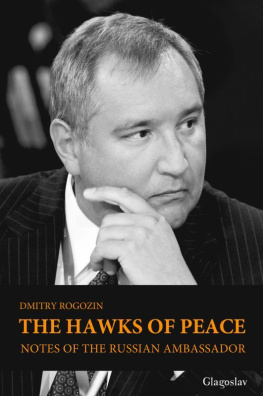
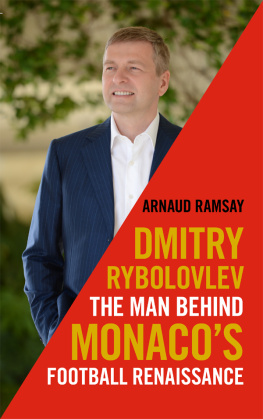
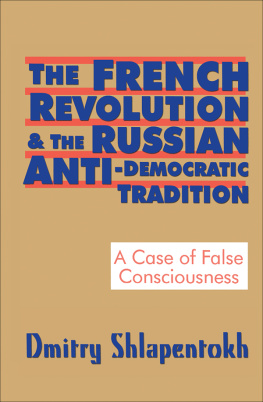
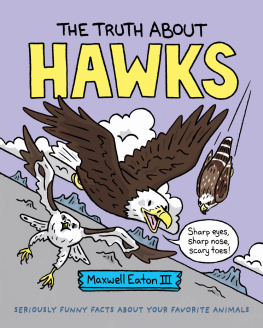
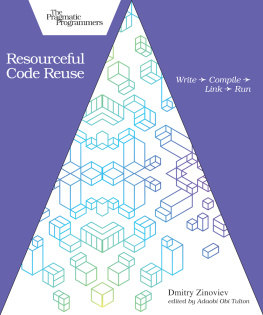


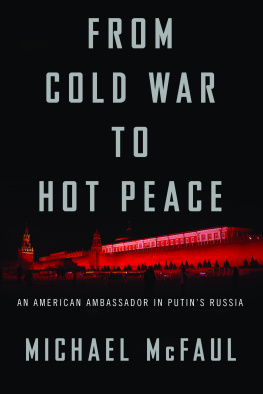

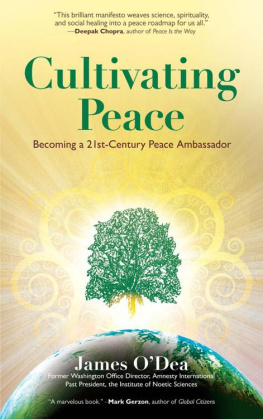
![Dmitry Zinoviev [Dmitry Zinoviev] - Data Science Essentials in Python](/uploads/posts/book/119602/thumbs/dmitry-zinoviev-dmitry-zinoviev-data-science.jpg)
